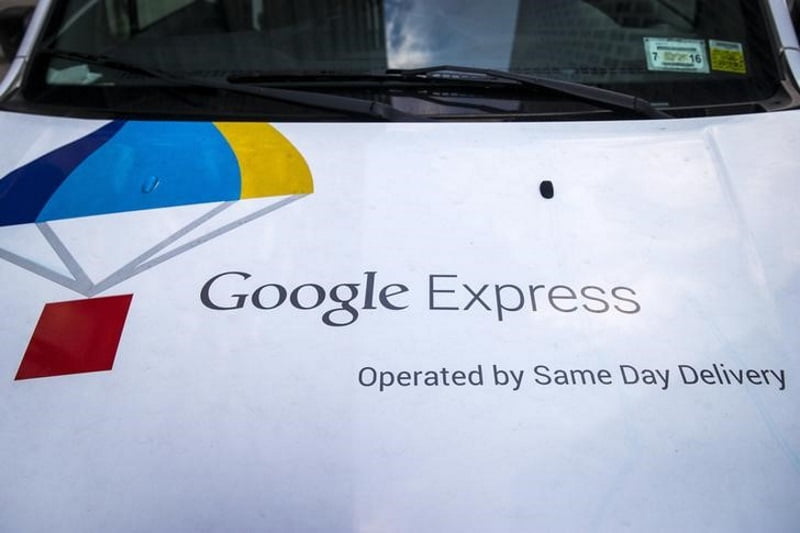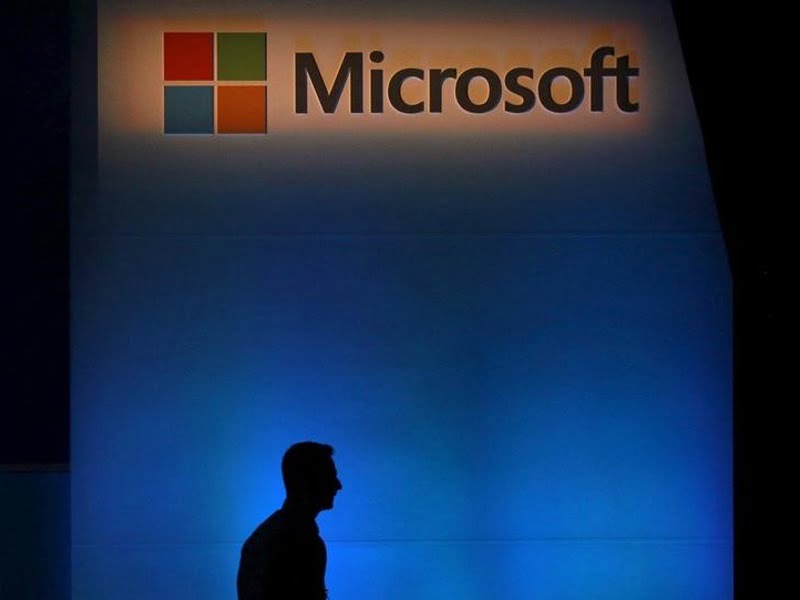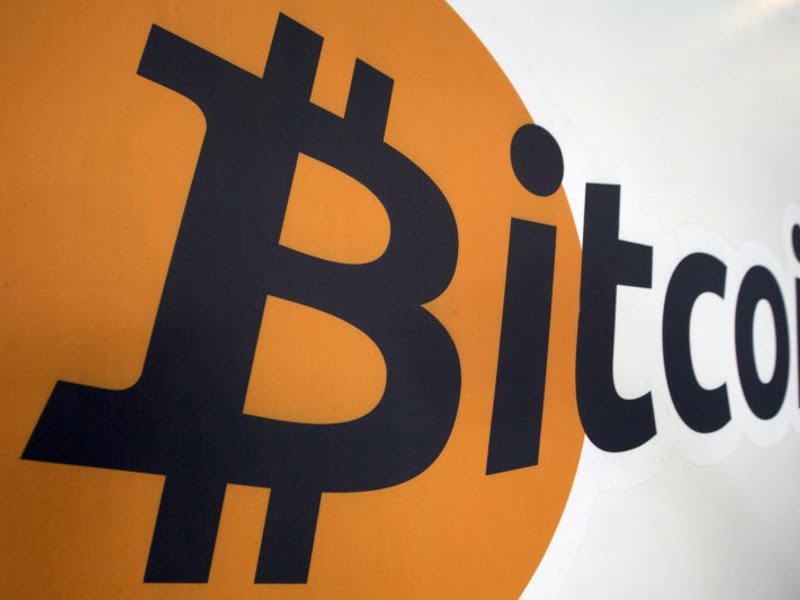 To commemorate the birth anniversary of freedom fighter and independent India’s first Education Minister Maulana Abul Kalam Azad, the Central Board of Secondary Education (CBSE) has asked all schools to celebrate November 11 as National Education Day by recalling his contribution to the cause of education. “On National Education Day (NED), schools affiliated to the board should organise seminars, symposiums, essay writing and elocution competitions, workshops and rallies on the importance of literacy and the nation’s commitment to all aspects of education. Schools (should) also organise sustainable long-term programmes to promote skill building among students,” stated a notification issued by the CBSE.There has been a distinct paradigm shift in the education sector of new India, said the notification, adding that the theme of NED celebration will be ‘skill-awareness and empowerment’. Schools have been asked to nominate a teacher and a student, who have been consistently and extensively involved in projects related to building of sustainable skills within the system and in enhancing skills in the community around them. They will work on themes like sanitation, inclusive education, entrepreneurship, promoting health and well-being, empowering the girl child, adopting a school, gender sensitisation, environmental issues, and 21st century skills in their respective schools. The celebration aims to ensure that students are exposed to a number of projects that strengthen their sustainability in the existing environment, enhance thinking, social and emotional skills and become self-motivated learners, said a CBSE official. As part of the celebration, the schools can also organise sustainable long-term programmes to promote skill-building among students. “Community outreach, entrepreneurial projects, vocational skills, life skills and industry-based projects are also being integrated into the school curriculum. There is a distinct paradigm shift emerging in the education sector of new India,” stated Sugandh Sharma, additional director (research and innovation), CBSE, in a recent notification.
To commemorate the birth anniversary of freedom fighter and independent India’s first Education Minister Maulana Abul Kalam Azad, the Central Board of Secondary Education (CBSE) has asked all schools to celebrate November 11 as National Education Day by recalling his contribution to the cause of education. “On National Education Day (NED), schools affiliated to the board should organise seminars, symposiums, essay writing and elocution competitions, workshops and rallies on the importance of literacy and the nation’s commitment to all aspects of education. Schools (should) also organise sustainable long-term programmes to promote skill building among students,” stated a notification issued by the CBSE.There has been a distinct paradigm shift in the education sector of new India, said the notification, adding that the theme of NED celebration will be ‘skill-awareness and empowerment’. Schools have been asked to nominate a teacher and a student, who have been consistently and extensively involved in projects related to building of sustainable skills within the system and in enhancing skills in the community around them. They will work on themes like sanitation, inclusive education, entrepreneurship, promoting health and well-being, empowering the girl child, adopting a school, gender sensitisation, environmental issues, and 21st century skills in their respective schools. The celebration aims to ensure that students are exposed to a number of projects that strengthen their sustainability in the existing environment, enhance thinking, social and emotional skills and become self-motivated learners, said a CBSE official. As part of the celebration, the schools can also organise sustainable long-term programmes to promote skill-building among students. “Community outreach, entrepreneurial projects, vocational skills, life skills and industry-based projects are also being integrated into the school curriculum. There is a distinct paradigm shift emerging in the education sector of new India,” stated Sugandh Sharma, additional director (research and innovation), CBSE, in a recent notification.
[“source-indianexpress”]

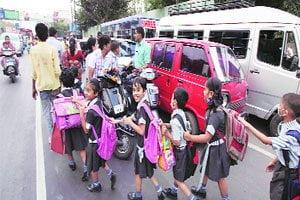
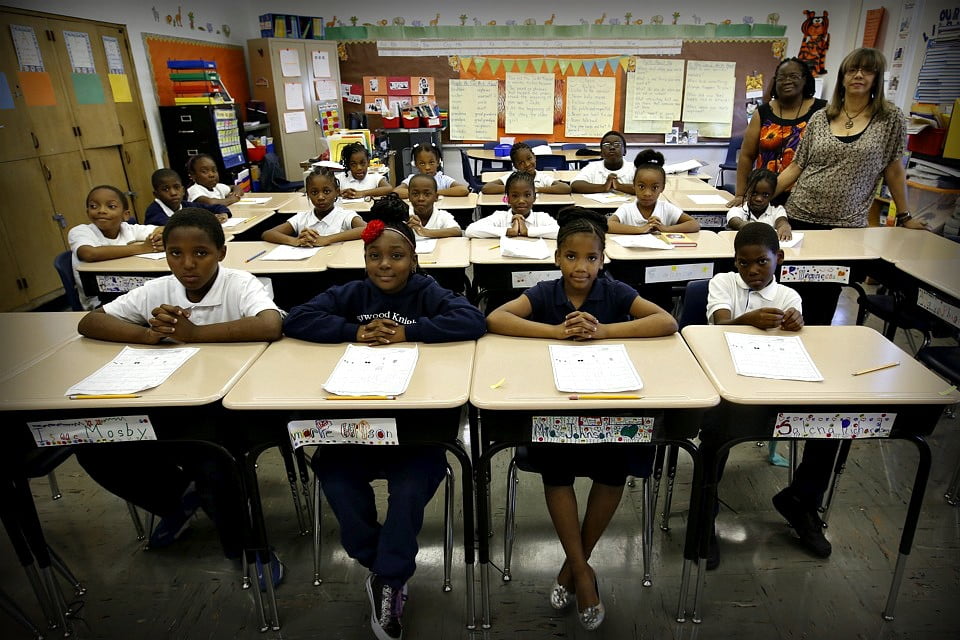
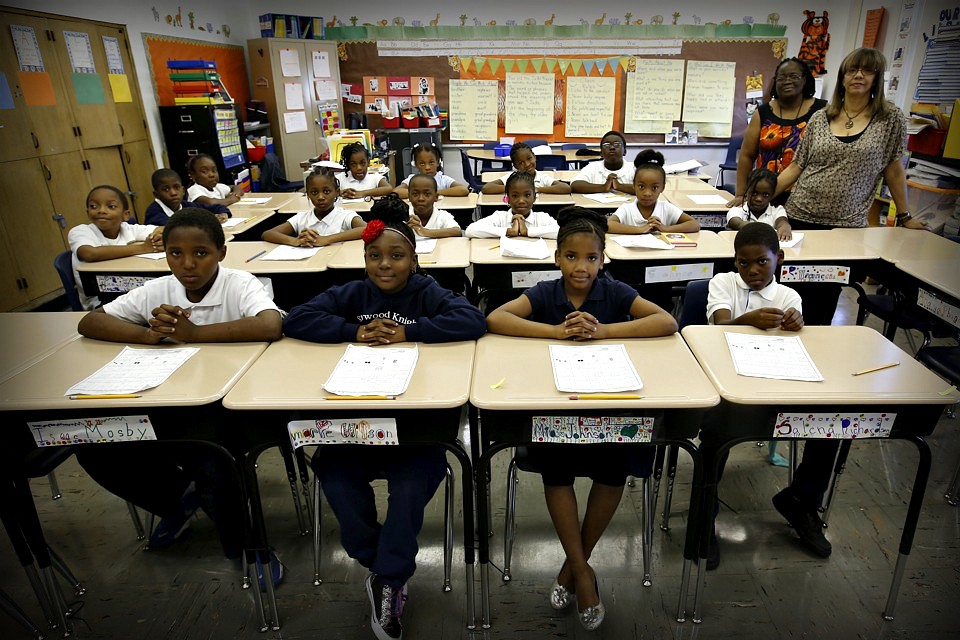 Improving educational opportunities to shrink income disparities depends on increasing the resources available to school districts. But funding alone is not enough to equalize access to a quality education. Schools need new and innovative approaches to turn resources into student results that beget success in the world beyond the classroom. A look back at historical challenges to education access demonstrates how far the U.S. has come, and highlights the obstacles facing students today compared with those of prior generations.
Improving educational opportunities to shrink income disparities depends on increasing the resources available to school districts. But funding alone is not enough to equalize access to a quality education. Schools need new and innovative approaches to turn resources into student results that beget success in the world beyond the classroom. A look back at historical challenges to education access demonstrates how far the U.S. has come, and highlights the obstacles facing students today compared with those of prior generations.
 These are the reasons you should keep security as a primary concern:
These are the reasons you should keep security as a primary concern:
 Sometimes the images were mock-ups of neuroscience papers. The trick was that these ‘papers’ were customized for each neuroscientist, to make it look as if they had written it themselves. So for instance, the author list was made to feature the participant’s own name. The title and text were based on his or her research interests. The final touch was that the ‘papers’ were made up in the style of either a low-ranking journal, a moderately ranked one, or a highly prestigious one.
Sometimes the images were mock-ups of neuroscience papers. The trick was that these ‘papers’ were customized for each neuroscientist, to make it look as if they had written it themselves. So for instance, the author list was made to feature the participant’s own name. The title and text were based on his or her research interests. The final touch was that the ‘papers’ were made up in the style of either a low-ranking journal, a moderately ranked one, or a highly prestigious one.

